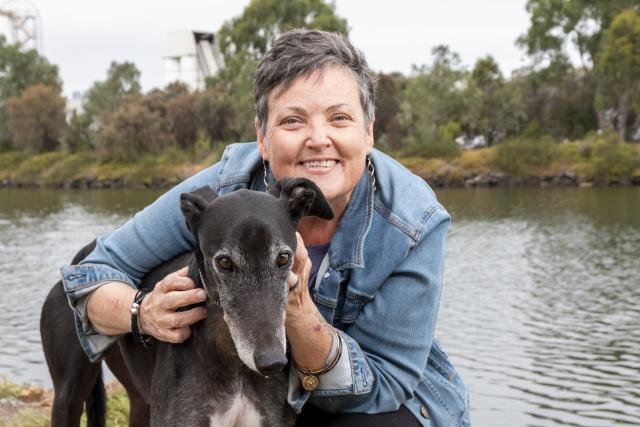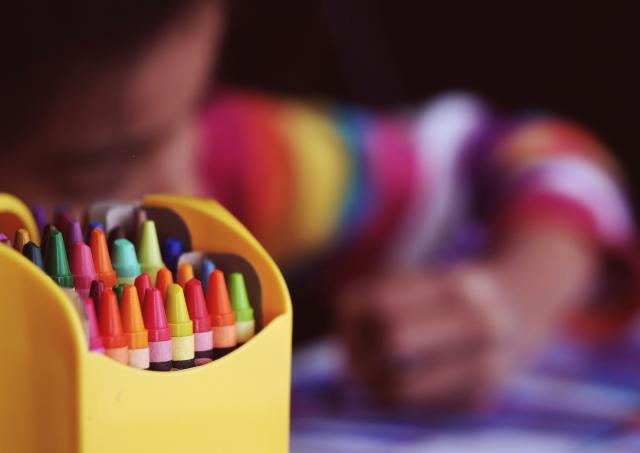Western suburbs resident Deb Fryers has always lived a full and exciting life, until she was diagnosed with blood cancer and her world was flipped upside down.
Diagnosed with Primary Myelofibrosis in 2019, Ms Fryers went from being extremely independent, earning a strong income, travelling the world, and owning her own home to the complete opposite.
Ms Fryers said she was forced to sell her home as she couldn’t afford to pay the mortgage.
At the same time, her condition left her unable to work which landed her on the disability pension.
“I lost my parents quite young so I didn’t have the family to help me. There were about two or three years of real homelessness, couch surfing and sleeping in my car,” she said.
After a long battle with the Victorian housing department , Ms Fryers now lives in long term permanent housing.
While continuing her health battles, Ms Fryers has found solace in the Leukaemia Foundation which she said had been extraordinary.
“They recently gave me $100 for my glasses because I have to wear glasses now, because my eyes are deteriorating,” she said.
“They also offer mental support as well which I didn’t know about.“
The Leukaemia Foundation is also supporting Ms Fryers financially with transport vouchers to enable her to go to her medical appointments.
Ms Fryers’ story is only one of the 50 per cent of patients who have had to leave their jobs and are unable to return to work following a diagnosis, according to the Leukaemia Foundation.
“Research shows that more than 43 per cent of the 19,500 patients diagnosed with blood cancer in the past year, experienced out of pocket treatment costs totalling hundreds, and sometimes thousands of dollars,” said a Leukaemia Foundation spokesperson.
According to the foundation, the weighted average out-of-pocket costs to an individual with blood cancer ranges from $5,000-$11,000, compared with other cancer patients who incur around $2,500 in out-of-pocket costs.
Ms Fryers said she her finances are now stable and has learnt to live within her means.
“I feel the most well I’ve been in a really long time because I have a great support system, I have a good therapist and I have made really good friends,” she said.
“Although I still face financial crisis.”







